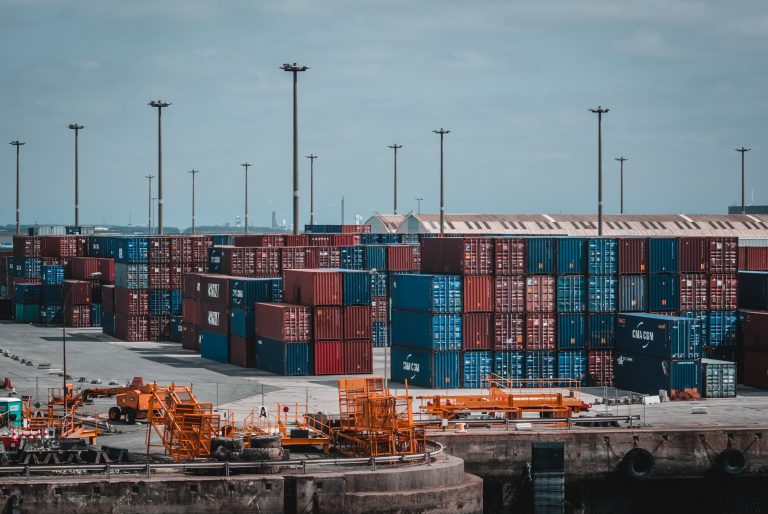How can I avoid extra fees on carrier containers?

Want to keep reading?
Barcoding Inventory: How to Implement the Barcode System
How to Implement a Barcoding Inventory System in the time it takes your average person to manually type a couple letters or numbers.
What are the best ways to layout my warehouse?
The best way to organize your warehouse will depend on your business, inventory, growth projectile, time and budget limitations, and many other factors.
Inventory Control
Inventory control, also known as stock control, refers to the process of managing a company’s warehouse inventory levels.
4,000+ COMPANIES RELY ON ASSET OPERATIONS MANAGEMENT
Leading the Way to a Better Future for Maintenance and Reliability
Your asset and equipment data doesn't belong in a silo. UpKeep makes it simple to see where everything stands, all in one place. That means less guesswork and more time to focus on what matters.

![[Review Badge] Gartner Peer Insights (Dark)](https://www.datocms-assets.com/38028/1673900494-gartner-logo-dark.png?auto=compress&fm=webp&w=336)

The 4 key ways to avoid extra charges on carrier containers involve negotiating for extra time, coordinating with all parties in advance, creating a backup plan, and organizing all paperwork in advance.
Importing or exporting goods can be expensive—especially if you get slapped with extra fees. Fortunately, there are a number of ways to avoid extra fees on carrier containers used in shipping. In this article, we discuss the different types of fees you might experience on shipping containers, as well as 4 strategies to avoid those extra charges.
Types of fees on containers
First, let’s take a look at the types of fees you might be faced with when importing or exporting goods, namely demurrage and detention fees:
Demurrage fees
When a container is held at a port longer than normal, trained personnel assess demurrage charges. Shipping contracts will include a free period when your shipment can be held at a port without charge. Beyond that point—typically five days—you’ll face a large fee on each container for each additional day.
Detention
When you retrieve shipment containers for loading or unloading, you have a set period of time in which to return them to the shipping line. If you hold onto them longer than a set number of days, you’ll get charged detainment fees.
Tactics for avoiding extra container fees
To avoid demurrage and detainment fees, the following tactics may help.
Negotiate for extra time
The free periods for loading, unloading, or keeping containers at the port are outlined in your contract with the shipping line. As such, it’s possible to negotiate for extra time, especially if you already have an idea of how long the process will take.
Coordinate with all parties in advance
If you’re exporting or importing goods, you’ll want to make sure you have the containers picked up, loaded or unloaded, and returned as promptly as possible. It’s best to coordinate with all parties involved—the shipping line, truckers, etc.—in order to make sure schedules line up neatly and prevent delays.
Create a backup plan
It doesn’t hurt to have a backup plan, in case the parties responsible for loading or unloading your cargo are delayed. Contact multiple trucking companies to make sure you have someone ready to handle your shipment.
Organize all paperwork
Delays often occur from faulty paperwork, causing cargo to be held at the port longer than necessary. When making shipping arrangements, make sure you know what documents you need and how they need to be handled.
Planning ahead
Ultimately, avoiding cargo container fees comes down to advance planning and communication. If you know in advance what the process will entail and coordinate with all parties involved, you’ll usually avoid extra fees.